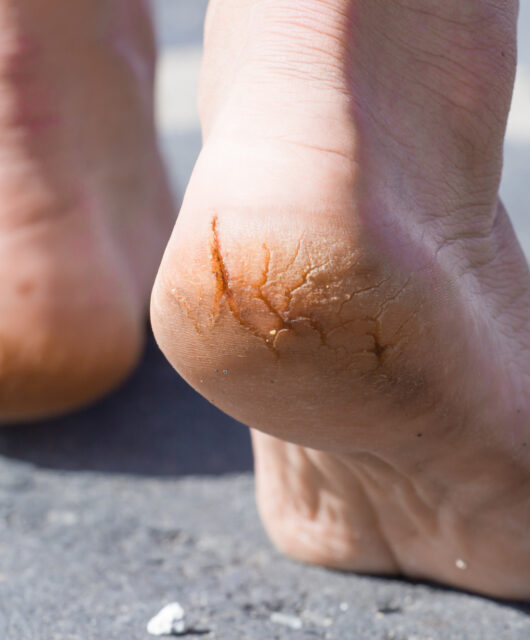What is Andropause: Comprehensive Treatment Approaches in Men’s Health Clinics
 Andropause, commonly known as male menopause, is a significant phase in a man’s life, characterized by a gradual decrease in testosterone levels. This condition, impacting men’s health both physically and psychologically, often necessitates a nuanced approach to treatment. Men’s health clinics play a pivotal role in diagnosing and managing andropause, providing tailored treatment plans that address the unique needs of aging men. This article explores the multifaceted treatment strategies employed by men’s health clinics to effectively manage andropause.
Andropause, commonly known as male menopause, is a significant phase in a man’s life, characterized by a gradual decrease in testosterone levels. This condition, impacting men’s health both physically and psychologically, often necessitates a nuanced approach to treatment. Men’s health clinics play a pivotal role in diagnosing and managing andropause, providing tailored treatment plans that address the unique needs of aging men. This article explores the multifaceted treatment strategies employed by men’s health clinics to effectively manage andropause.
Table of Contents
Understanding Andropause
Andropause typically occurs in men aged 50 and above, though it can start earlier. Symptoms include reduced libido, fatigue, mood changes, weight gain, and decreased muscle mass. Unlike female menopause, andropause involves a more gradual hormonal decline, making its symptoms less apparent but equally impactful on quality of life.
Diagnosis of Andropause
Diagnosis is the first critical step in treatment. Men’s health clinics conduct a thorough evaluation, including medical history, physical examinations, and blood tests to measure testosterone levels. This comprehensive approach ensures an accurate diagnosis, differentiating andropause from other conditions with similar symptoms.
Treatment Modalities in Men’s Health Clinics
- Testosterone Replacement Therapy (TRT): TRT is the cornerstone of andropause treatment. It involves supplementing the body’s declining testosterone levels, which can alleviate symptoms like fatigue, mood swings, and sexual dysfunction. Treatment can be administered through gels, patches, injections, or pellets. Men’s health clinics closely monitor patients on TRT for any side effects and adjust dosages accordingly.
- Lifestyle Modifications: Clinics emphasize the importance of a healthy lifestyle in managing andropause. This includes regular exercise, especially strength training to maintain muscle mass and bone density, and a balanced diet rich in nutrients. Weight management is also crucial, as excess fat can lead to further reductions in testosterone levels.
- Psychological Support: Andropause can affect mental health, leading to issues like depression and anxiety. Men’s health clinics often provide or refer patients to counseling services. Support groups and therapy can play an essential role in managing the psychological aspects of andropause.
- Alternative Therapies: Some clinics offer alternative treatments like herbal supplements and acupuncture. While the efficacy of these treatments varies, they may complement traditional therapies, especially for those seeking holistic approaches.
- Education and Awareness: Educating patients about andropause is a key aspect of treatment. Clinics provide resources and information to help men understand their condition and the importance of adherence to treatment plans.
Managing Side Effects and Risks
TRT, while effective, comes with potential risks like increased chances of cardiovascular issues and prostate health concerns. Men’s health clinics take a proactive approach in monitoring these risks, conducting regular check-ups and screenings like prostate exams and blood pressure monitoring.
Individualized Treatment Plans
Understanding that andropause affects men differently, clinics focus on personalized treatment plans. Factors like age, severity of symptoms, and overall health are considered when devising a treatment strategy.
Integrating Modern Medical Advances
Men’s health clinics are at the forefront of integrating the latest research and medical advances into andropause treatment. This includes new forms of TRT, innovative lifestyle intervention programs, and emerging therapies that show promise in hormonal management.
The Importance of Regular Follow-ups
Regular follow-ups are crucial in effectively managing andropause. These appointments allow for adjustments in treatment plans, monitoring of symptom progression, and early detection of any adverse effects of therapy.
The Role of Support Systems
The role of family and social support systems is emphasized in treatment. Clinics encourage open communication about andropause and its impact, fostering an environment of understanding and support.
Conclusion
Andropause is a significant phase in a man’s life that requires comprehensive and empathetic treatment approaches. Men’s health clinics offer a sanctuary for men grappling with this condition, providing a blend of medical, psychological, and lifestyle-based interventions. By adopting a holistic and patient-centric approach, these clinics play a pivotal role in managing andropause, helping men navigate this transitional period with dignity and improved quality of life.









